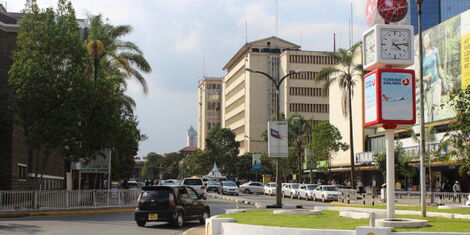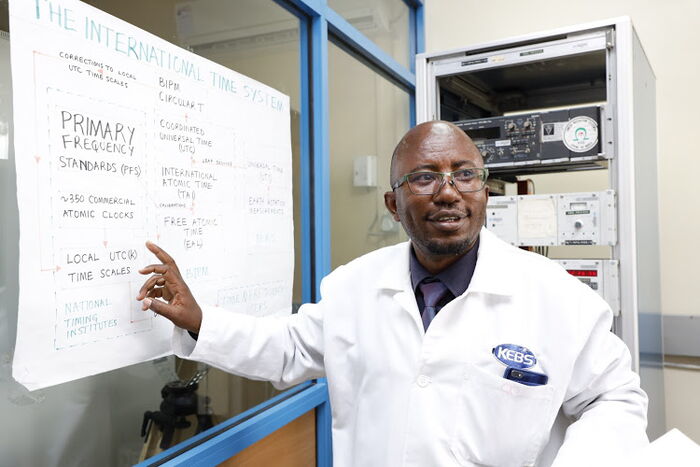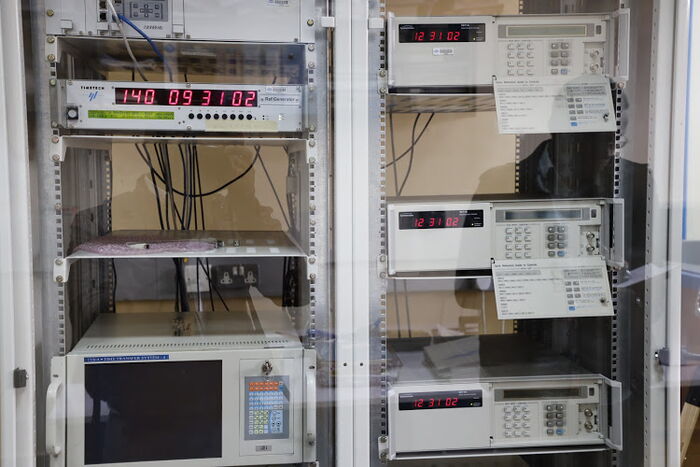
During the countdown to midnight on December 31, 2016, not many people noticed that the New Year was delayed by one second.
One man, Ahmed Ibrahim, added an extra second to our clocks. Usually, the last second in every minute is 59 but on December 31, 2016, for exactly one second, the time was 23:59:60. This is something he occasionally does so as to keep our clocks working in sync.
Ahmed, 43, is the head of the Time and Frequency Laboratory, a highly guarded facility at the Kenya Bureau of Standards (KEBS) in South C. He, therefore, is Eastern Africa’s official timekeeper and is entitled to keep custody of the hertz and the second, one of the smallest units of time as reported by The Star.
Being in charge of the most accurate clock in the region and the only person allowed to add a second to our time, Ahmed carefully follows the rotation of the earth and may add an extra second either on June 30 or December 31. The single second he added in 2016, was already agreed on by all countries in the world.
According to the timekeeper, such tweaks are essential for things like running the internet and GPS as the modern world now runs on atomic clocks.
While atomic time is constant, a leap second must be added on our clocks every now and then to synchronize them with the earth's ever-slowing rotation. If this irregularity is not corrected, such a drift would eventually result in clocks showing midday occurring at night and GPS systems giving wrong directions.
These leap seconds are difficult to implement in computers and can make systems fail temporarily. For instance, when such a second was introduced in 2012, Linux, Mozilla, and LinkedIn all reported crashes and severe glitches.
"To the common man, this makes no sense and adds no value, but to sensitive industries, it's crucial," Ahmed states.
He further explains that there is no single master clock for the world for reference. Instead, the most accurate time in the world, known as the Coordinated Universal Time (UTC), is derived from the average time of about 400 atomic clocks in about 50 laboratories around the world.
"In Eastern Africa, Kebs is the only institution allowed by the BIPM (International Bureau of Weights and Measures, based in France) to contribute to the UTC," Ahmed elaborates.
In Africa, the other laboratories are in South Africa, Egypt, and Tunisia. The laboratory in Kenya has five power sources to ensure it doesn't go off. There is the Kenya Power line, a generator, a UPS, a DC battery and each clock has another battery.
Ahmed studied at Sultan Hamud Primary School in Kajiado and was never a timekeeper. At Starehe Boys Centre in 1994, he was a dedicated member of the Meteorology and Science Club.
He later graduated with a Bachelor of Technology degree in Electrical and Communication Engineering from Moi University in 1999. He holds certifications from the German National Metrology Institute and the US' National Institute of Standards and Technology, among other institutions.

